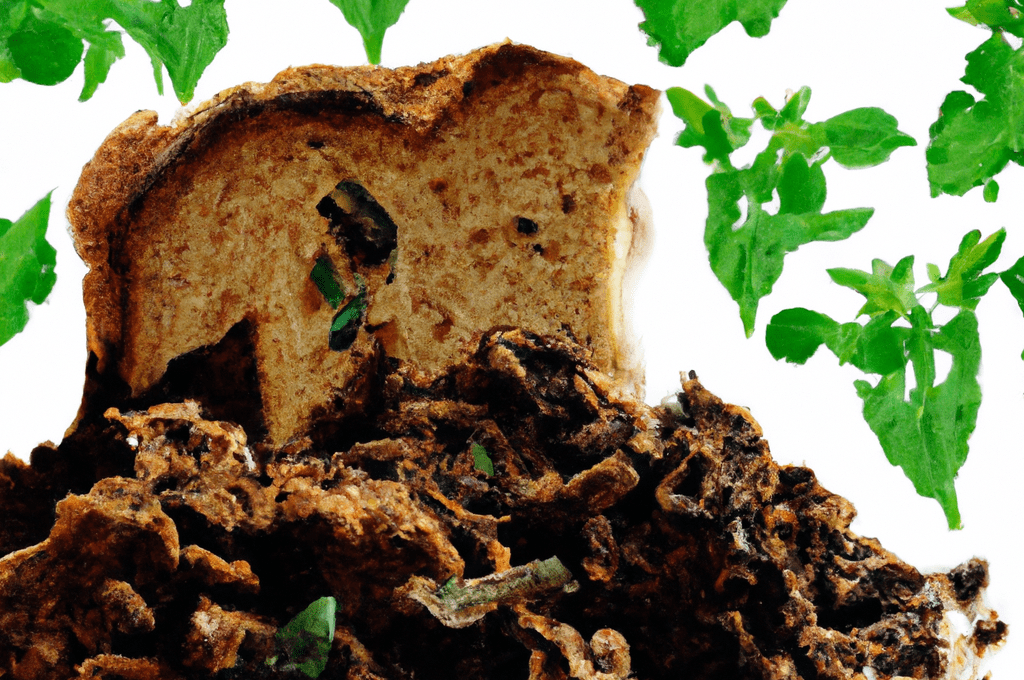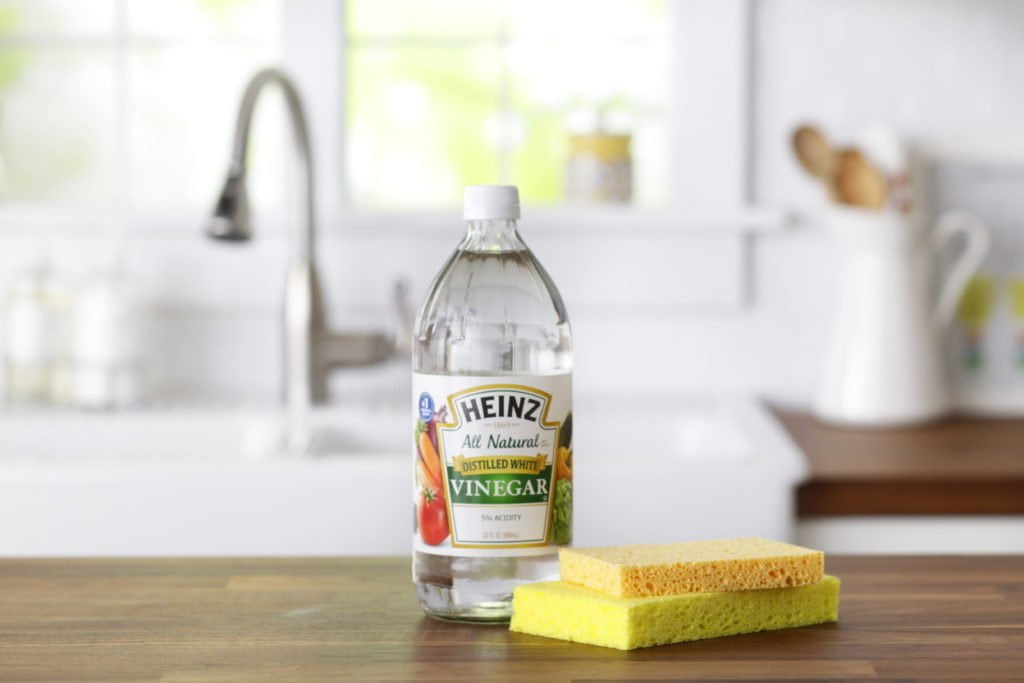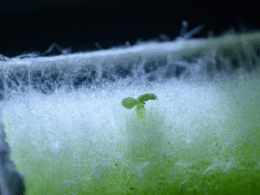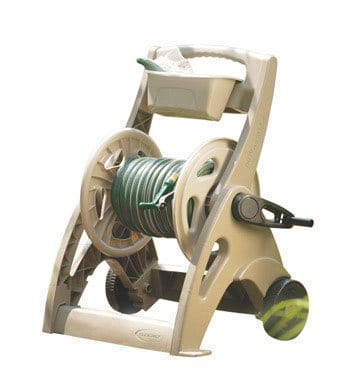Are you looking for an easy and effective way to improve the health of your garden? Look no further than composting bread!
Not only is it a great way to reduce food waste, but it can also provide your plants with the nutrients they need to thrive. By adding bread to your compost pile, you can speed up the fermentation and decomposition process, resulting in a nutrient-rich soil that your plants will love.
Plus, composting bread is a simple and cost-effective way to improve the quality of your garden without having to rely on chemical fertilizers. In this article, we’ll explore the benefits of composting bread, the different types of bread that can be composted, and some tips and tricks for successful composting.
So get ready to boost your garden’s health and reduce your food waste at the same time!
Quick Summary
- Composting bread improves garden health and enhances plant growth while reducing food waste and providing a cost-effective alternative to chemical fertilizers.
- Grass clippings and sawdust are good materials to mix in a compost pile with bread.
- To compost bread effectively, avoid sweetened breads, use whole grain or sprouted grain breads, and compost moldy bread in a sealed container. Regularly turning over the compost pile for proper aeration and not composting too frequently are important.
- Different types of bread provide different benefits and composting bread can be a sustainable gardening practice as long as sweetened breads are avoided.
Benefits of Composting Bread
You can improve your soil health and plant quality by adding bread to your compost pile. By doing so, you’re not only reducing waste but also improving plant growth. Bread can speed up fermentation and decomposition, especially when mixed with faster decomposing elements like grass clippings or sawdust.
Moreover, bread contains all three components of grain kernels: bran, germ, and endosperm. These components provide essential nutrients that can enrich the soil and enhance plant growth. So, if you want to boost your garden’s health and make use of your leftover bread, consider adding it to your compost pile.
How Can Using Mushrooms in Soil Benefit My Garden’s Health?
Adding mushrooms to soil can work wonders for your garden’s health. These soil superheroes for healthy plants increase soil fertility by breaking down organic matter and releasing essential nutrients. They also improve soil structure, retain moisture, and help control pests.
Tips for Successful Composting
To ensure successful decomposition of bread in your compost pile, it’s important to regularly turn over the pile to allow for proper aeration. This will help prevent the buildup of harmful gases, such as methane, that can slow down the decomposition process.
Mixing a variety of materials into the compost pile can also help speed up the fermentation and decomposition of the bread. Grass clippings and sawdust are great materials to mix in, as they provide a good balance of nitrogen and carbon that is essential for healthy composting.
Composting frequency is an important factor to consider when composting bread. It’s recommended to add bread to your compost pile on a regular basis, but not too frequently. Sweetened breads in particular can attract insects and rodents, so it’s important to keep a balance of different materials in your compost pile.
Moldy bread should be kept separate from fresh bread and composted in a sealed container, as it can cause spore activity in your kitchen. With these tips in mind, you can successfully compost bread and boost the health of your garden’s soil.
Types of Bread for Composting
Different types of breads can provide different benefits when added to your compost pile. Whole grain bread contains all three components of grain kernels: bran, germ, and endosperm, making it a great addition to your compost pile. The bran and germ are high in nitrogen, which is essential for plant growth, while the endosperm is high in carbon, which helps to balance out the nitrogen in the pile.
Sprouted grains, on the other hand, ferment more rapidly when composted, which can speed up the decomposition process. When it comes to sweetened bread, it’s best to avoid adding it to your compost pile. Sweetened breads, such as white bread and pastries, attract insects and rodents more easily, which can cause problems for your compost pile and your garden.
Instead, opt for unsweetened breads, such as whole grain or sprouted grain breads, to enhance the quality of your compost pile and boost your garden’s health.
Frequently Asked Questions
Can bread be composted in a vermicomposting system?
Yes, you can compost bread in a vermicomposting system. It adds nutrients to your soil and improves plant growth. However, it’s best to mix bread with other compostable materials and avoid sweetened breads to prevent attracting pests.
Is it necessary to remove any toppings or spreads from bread before composting?
Composting bread: to top or not? You can compost bread with toppings or spreads, but removing them will speed up decomposition. Follow bread composting tips for healthier soil and plants.
Can bread be composted in a small apartment or indoor setting?
Yes, you can compost bread in a small apartment using alternative indoor composting methods. Composting bins or worm composting can be used to break down bread and other organic materials, reducing waste and providing nutrient-rich soil for plants.
How long does it typically take for bread to fully decompose in a compost pile?
When you compost bread instead of throwing it away, the benefits for your garden are numerous. Bread decomposes in a compost pile in about 2-4 weeks, improving soil health and providing nutrients for plants.
Are there any potential negative effects of composting bread, such as attracting pests or producing unpleasant odors?
Composting bread can attract pests and produce unpleasant odors if not done properly. To control pests, avoid sweetened bread and keep compost aerated. To reduce odor, mix bread with other compost materials and ventilate the pile regularly.









